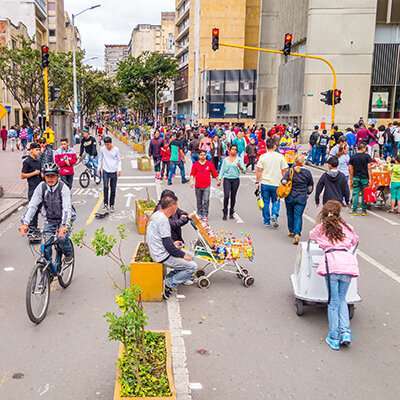
Climate Smart Cities Challenge highlighted in World Cities Report
Viable Cities has been implementing the Climate Smart Cities Challenge with partners since 2020. The 2024 edition of the World Cities Report Cities and Climate Action highlights the initiative as an example to be inspired by.
